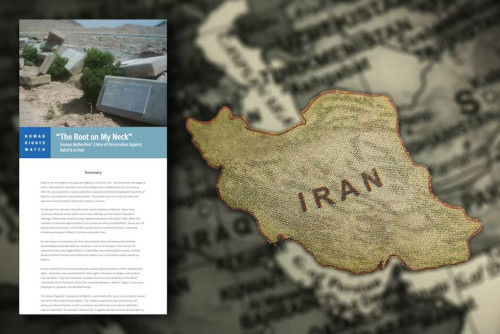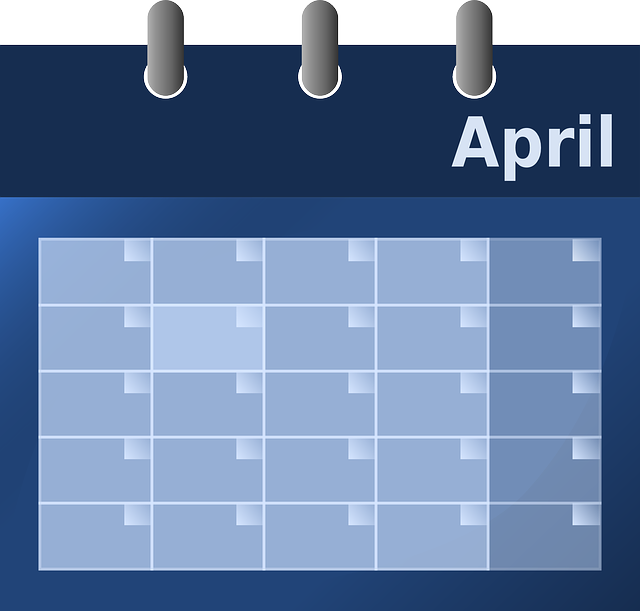 Armed Iranian security agents raided the homes of more than 30 Baha’is this week in the cities of Karaj and Hamedan, taking at least 19 into custody based on the latest information available. Many of the Baha’is were verbally abused and physically assaulted during the raids. The latest arrests and home searches—which included harassing five elderly women—confirms rising fears that Iran’s government has redoubled its crackdown on the persecuted Baha’i community in Iran.
Armed Iranian security agents raided the homes of more than 30 Baha’is this week in the cities of Karaj and Hamedan, taking at least 19 into custody based on the latest information available. Many of the Baha’is were verbally abused and physically assaulted during the raids. The latest arrests and home searches—which included harassing five elderly women—confirms rising fears that Iran’s government has redoubled its crackdown on the persecuted Baha’i community in Iran.
Ten other Baha’is were arrested last month in Isfahan—all women. Twenty-six others were sentenced to a total of 126 years in prison. At least thirty-two in total have been detained since last month in a number of cities across the country.
Homes containing five elderly women between 70 and 90 years of age were raided in Hamadan. One suffers from Alzheimer’s disease, and another who was rushed to ICU in distress after the raid. In another case they broke down the door of the home of an 82 year old woman, searched, upended her belongings and damaged her home in her absence. The husbands of two of these women were among more than 200 Baha’is executed by Iran’s government after the 1979 Islamic Revolution.
No further information is available on charges against the Baha’is or where they are being held.
“With almost every passing week, and with each new wave of arrests, the Iranian government gives us new proofs of its cruelty and its intentions to persecute Baha’is only for their beliefs, even in advanced age,” said Simin Fahandej, Representative of the Baha’i International Community to the United Nations in Geneva. “Searching the homes of the elderly and the infirm—women who lost their husbands more than 40 years ago, to this same government—shows us also that any attempt by the Iranian authorities to justify their actions is hollow and false. What threat do ill and elderly Baha’is pose to the Iranian government? Nothing but religious prejudice can explain such merciless actions.”
The latest wave of arrests in Hamadan, Karaj, Isfahan and Yazd, as well as ongoing denial of higher education challenges, the detaining of a 90-year-old Baha’i man who had already spent 10 years in prison and the targeting of 180 more, come in the context of the global #OurStoryIsOne campaign, launched in July 2023 to commemorate the execution of 10 Baha’i women in 1983 and to support the wider Iranian effort to achieve justice and equality. The campaign attracted unprecedented levels of solidarity across Iranian society inside and outside the country.
“We are witnessing a significant and historic process in Iran,” Ms. Fahandej said. “Although the Iranian government has for decades attempted to drive a wedge between the Baha’is and the rest of Iranian society, in their response to #OurStoryIsOne, Iranians from across religious and ethnic communities, and gender lines, are coming together with one voice, to call for a society built on equality, understanding, justice and the emancipation of all regardless of faith, background and gender. How sad that the Iranian government’s response is not to harness and release this transformative capacity—but to try to stamp it out by arresting more and more Baha’is and by attacking innocent Iranians of all backgrounds, as well as human rights defenders across the country.”
The Iranian government’s 44 years of persecution is detailed in a new publication of the Baha’i International Community, titled “The Baha’i Question: Persecution and Resilience in Iran,” which was published this month. And on 26 October, the United Nations Special Rapporteur Javaid Rehman said in a presentation with UN Member States(link is external) that “there has been a marked increase in attacks targeting and harassment of the Baha’i [community], with over 333 reported incidents since July 2022, including cases of arbitrary detentions, interrogations, unlawful arrest, torture, ill treatment, destruction of properties, cemetery desecration, denial of education rights and other forms of economic pressures.”




